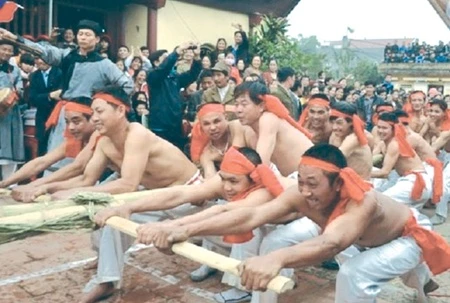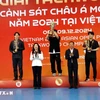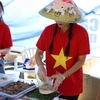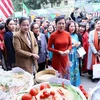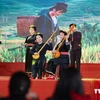Hanoi (VNA) – Tugging rituals and games of Vietnam, Cambodia, the Philippines and the Republic of Korea were added to the UNESCO’s Representative List of the Intangible Cultural Heritage of Humanity on December 2.
The multi-national heritage was inscribed on the list at the 10th session of the UNESCO’s Intergovernmental Committee for the Safeguarding of Intangible Cultural Heritage in Namibia.
Tugging rituals and games are prevalent in the rice-farming cultures of East Asia and Southeast Asia as a form for communities to pray for abundant harvests and prosperity. They mark the start of the agricultural cycle and often begin with commemorative rites to local deities.
Typically held near a communal house or shrine, two teams on either end of a rope try to tug it from the other. The practice is non-competitive, strengthening community solidarity and identity, UNECO said on its website.
In Vietnam, tug-of-war is a folk game that is practiced in a number of traditional festivals and community events.
Tugging rituals and games is the 10th UNESCO-recognised Intangible Cultural Heritage of Humanity of Vietnam.
The others are Vi and Giam folk songs of Nghe Tinh province, the art of Don ca tai tu music and song in southern Vietnam, the worship of Hung Kings and Xoan singing in Phu Tho province, Giong festival of Phu Dong and Soc Temples, Ca Tru singing, Quan ho Bac Ninh folk songs, Nha Nhac – Vietnamese court music, and the space of gong culture in the Central Highlands.-VNA

